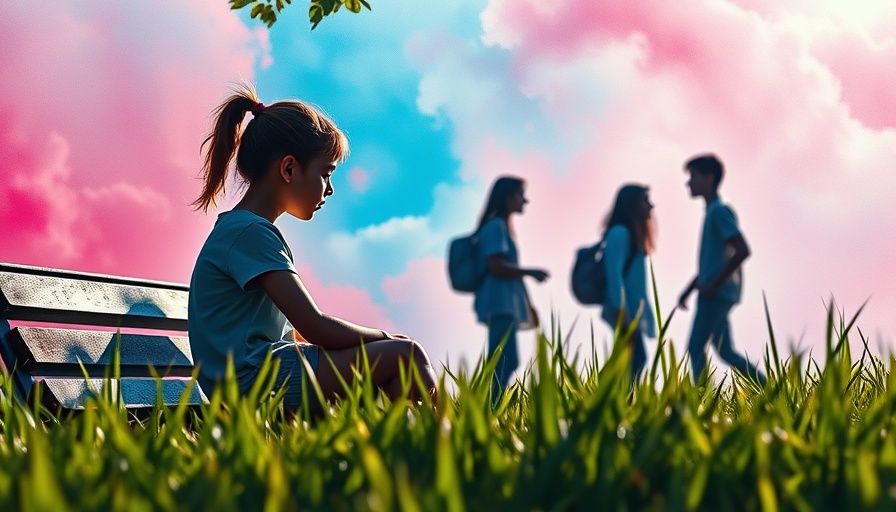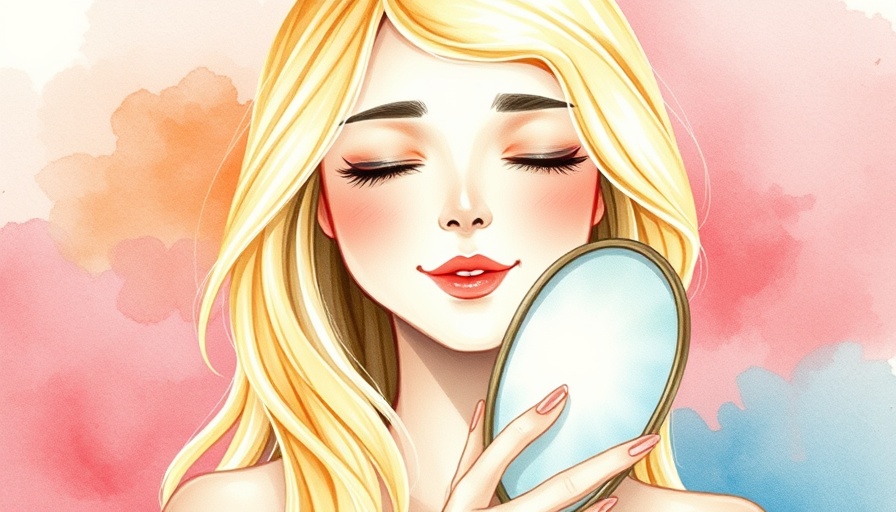
Understanding Our Mean Instincts
“In a world where you can be anything, be kind.” This popular sentiment often echoes in our minds, yet many fail to grasp the biological and psychological depths that encourage unkind behaviors. The feelings of exclusion can resonate from childhood experiences and extend into adulthood, as many can identify with situations where they either felt like an outcast or, regrettably, the outcaster.
The Roots of Social Hierarchy
Can meanness be instinctual? The instinct to form social hierarchies has been observed not only in humans but across the animal kingdom. In a personal story shared by Samantha Carolan, she recalls how her horse had to navigate the complex dynamics of a new herd. Initially, her mare was ostracized by the top mare, mirroring the experiences of many who have found themselves sidelined socially. Yet, as her mare worked to assimilate, she eventually became part of the 'in-crowd'—a transformation that is not just about survival but speaks volumes about social dynamics even among humans.
Learning Kindness
Carol's observations bring forth an intriguing question: Are we genetically programmed for cruelty, or is it learned behavior? Studies in psychology suggest that while the drive for competition may reside within us, the manifestation of aggression or exclusion is often learned, influenced by societal and familial factors. Recognizing this can help us consciously choose empathy over exclusion.
A Personal Reflection on Kindness
In our formative years, many of us likely recall instances of bullying—intentionally or unintentionally. Carolan shares a poignant memory about turning a peer's vulnerability into a joke, a regret that may resonate deeply with many readers. These experiences shape us, urging us to reflect on how our words and actions affect others.
Breaking the Cycle
To combat our instinctual mean tendencies, practical steps can be taken. Cultivating kindness begins with self-awareness: noticing when our social interactions follow a pattern of exclusion and challenging our instincts to mimic behaviors learned during our formative years. Professional advice suggests actively maintaining openness in social situations, fostering inclusion instead of exclusion.
Creating a Kind Culture
Within our communities and workplaces, we can shift the prevailing culture from one of competition to one of collaboration. Small gestures like complimenting others or expressing gratitude can amplify a wave of positivity. Initiatives emphasizing kindness in schools, workplaces, or community groups nurture connections, reminding everyone of the pain of exclusion and the joy of inclusion.
In a world that often feels divided by social hierarchies, it is crucial to advocate for kindness and understanding. By confronting our instincts and embracing empathy, we not only enhance our well-being but also create a more compassionate community.
 Add Row
Add Row  Add
Add 



 Add Row
Add Row  Add
Add 

Write A Comment